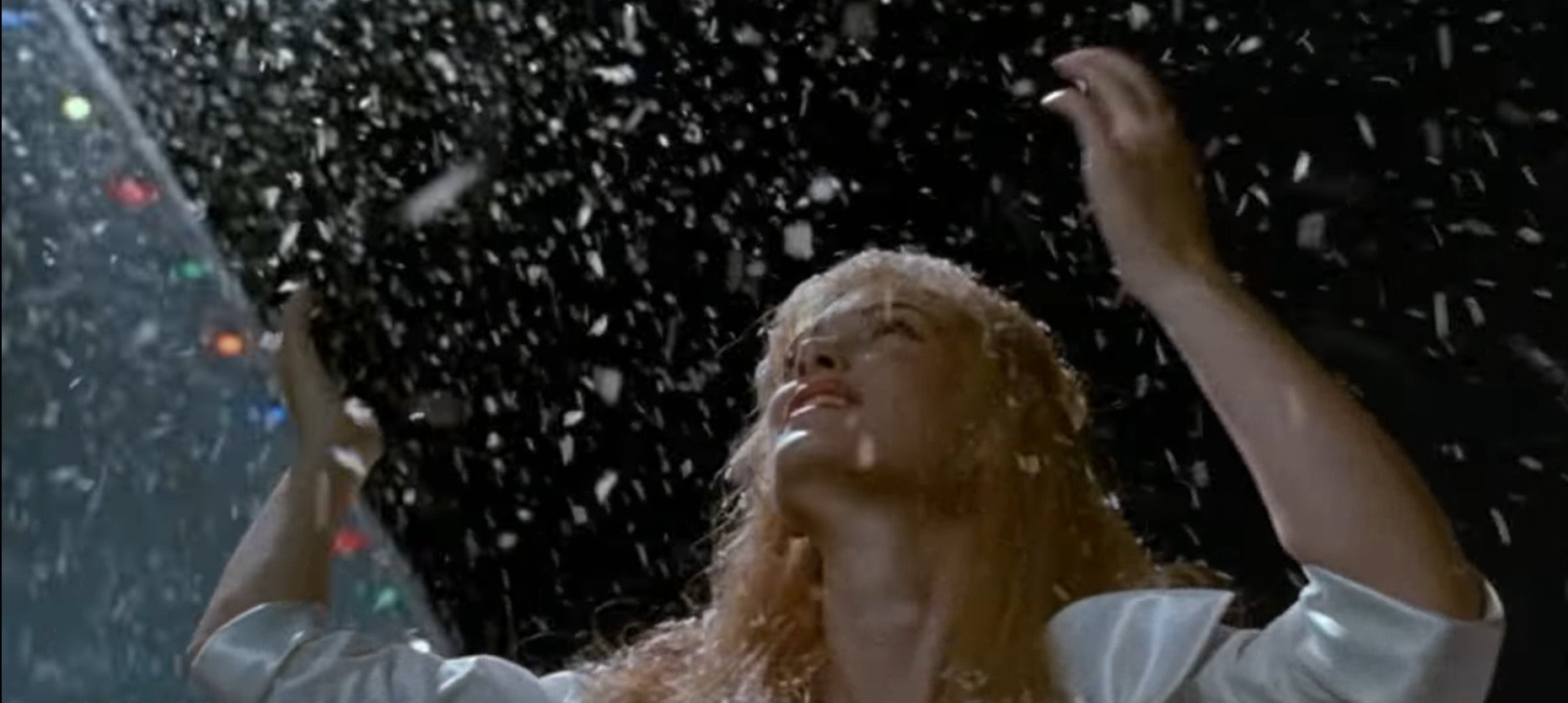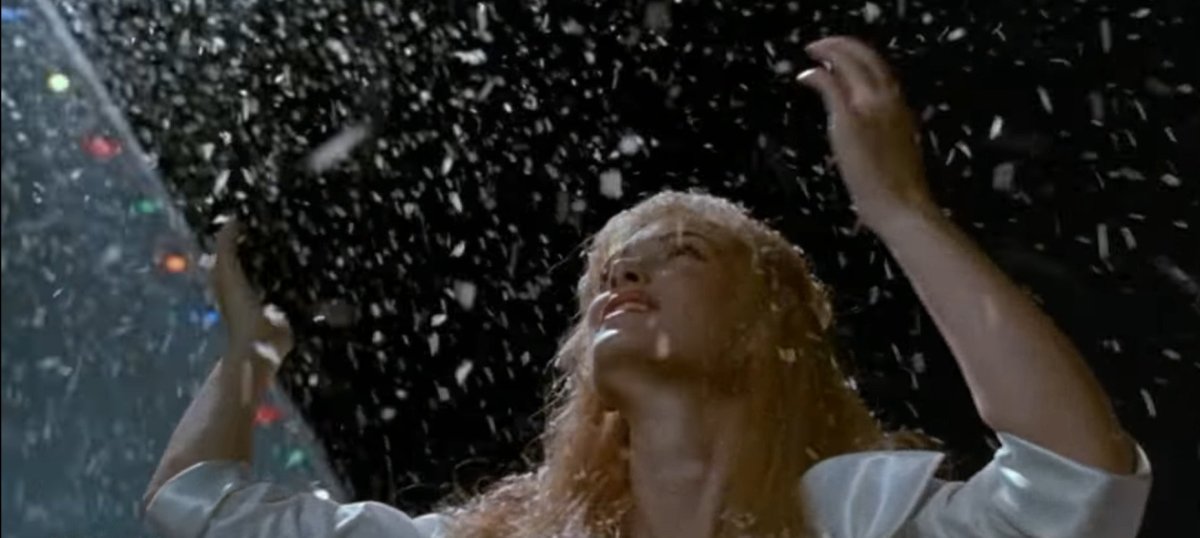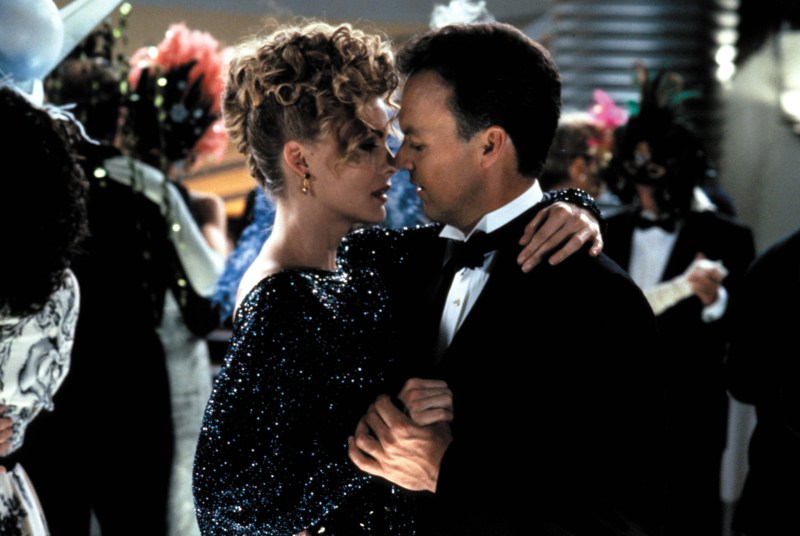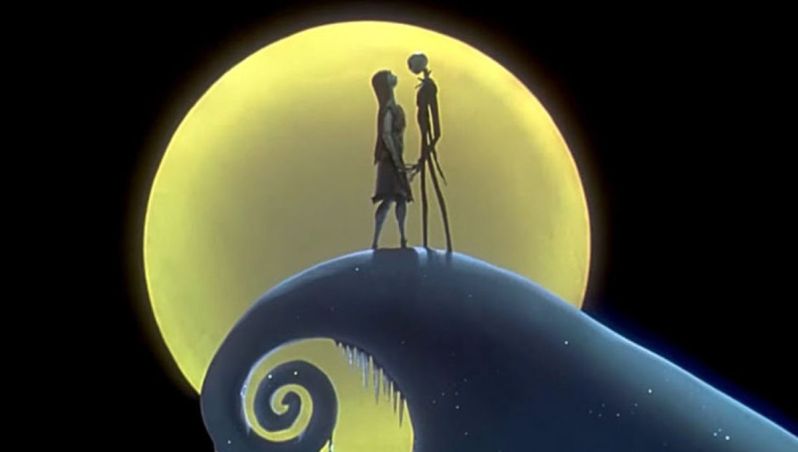Tim Burton Got the Loneliness and Magic of the Holidays


One thing I’ve been thinking about a lot this year is how Christmas isn’t always happiness and light. Christmas is also spooky, and lonely, and even sad. It’s a time that can make us feel safe and loved, but it’s also a time that can make us feel alien and confused. Christmas is a time for ghost stories and introspection, for darkness and dreams. Christmas is goth and maybe that’s why it’s such a huge part of the filmography of Tim Burton.
Now, I think we can agree that most Tim Burton movies are holiday movies in some way, and usually, the holiday is Halloween. But there is a small subset of Burton movies that are also Christmas movies (while simultaneously still being Halloween movies). Burton’s iconic Christmas movies were all made around the same time in his career as well, right as he was establishing himself as a filmmaker with a very unique brand and style. The back to back to back hit of Edward Scissorhands, Batman Returns, and The Nightmare Before Christmas (which he produced but did not direct), are sort of a goth Christmas trilogy.
Edward Scissorhands is a movie that almost defies explanation. It’s part Frankenstein, part pulp satire, part Christmas movie, part romance, and all Burton. It expresses the core of Burton’s holiday thesis and a major theme of his entire filmography: that the holidays are a time when many people can feel lonely and isolated. Indeed, the holidays themselves in this and later movies become a metaphor for society and the tendency of Burton’s protagonists, like Edward, to be able to create and observe beauty in the “normal” world but never quite be part of it is something that’s very relatable.
The visual language of Edward Scissorhands is so distinct and yet so varied. We go from goth cookie cutters and sugar snow to pastel, cookie-cutter homes with cotton snow, to Winona Ryder’s Kim dancing in the snow Edward creates as Christmas lights twinkle in the background. We move from one falsity to another and then to a fleeting moment of genuine beauty that can’t last. That’s … very much in tune with the often commercial and yet also moving moments of the holidays.

That same themes of loneliness and even commercialism continue into Burton’s next film, Batman Returns. We see the holidays as something that makes both Selena Kyle and Bruce Wayne feel even more alone and isolated in their lives, and it’s mistletoe that keeps bringing them together for their kisses. Like the mistletoe, Christmas can be deadly sad for them if they get close to it, but letting themselves emotionally open up to the holiday spirit or one another can be even more deadly.
I love how the trappings and trimmings of the holiday are used so well to contrast horror and fear in the film as well and how the commercial spectacle of the holiday becomes it’s own kind of freakish horror when corrupted. But the film ends on a distinctly Christmasy and even hopeful note with Bruce’s “goodwill to men. And women,” as Catwoman rises again against the moon. Maybe these two can figure it out next Christmas now that they know a bit better who they are.
These ideas of loneliness and consumption, and even the misappropriation of the holidays come full circle in The Nightmare Before Christmas, a movie that’s inextricably linked to Burton and his aesthetic despite the fact the brilliant Henry Selick was in the director’s chair. Nightmare is all about actively turning to a distorted version of a holiday with all the flair and none of the substance in order to combat feeling so much ennui and loneliness.

There are Big Messages in this movie, about taking other folks’ cultures, about listening to redheaded women when they tell you not to do something (the lesson I hope my daughter eventually gets from this one when she watches it for the tenth time), and about how the real magic comes from connecting to people and being your authentic self.
And that’s the real moral of the Burton Christmas movies, that, yes, it is okay to feel weird and lonely and sad at the holidays or at any time. But the way to feel a bit better isn’t to try to make yourself something that doesn’t fit, it’s to find a balance between being you and a beautiful, but difficult season. Don’t change yourself and sell out to a holiday because that just makes it empty and alienating (this may apply to Burton’s own later works). Be you and find your joy and your people and you’ll find your own kind of merry.
(image: 20th Century Fox/Disney)
Want more stories like this? Become a subscriber and support the site!
—The Mary Sue has a strict comment policy that forbids, but is not limited to, personal insults toward anyone, hate speech, and trolling.—
Have a tip we should know? [email protected]
